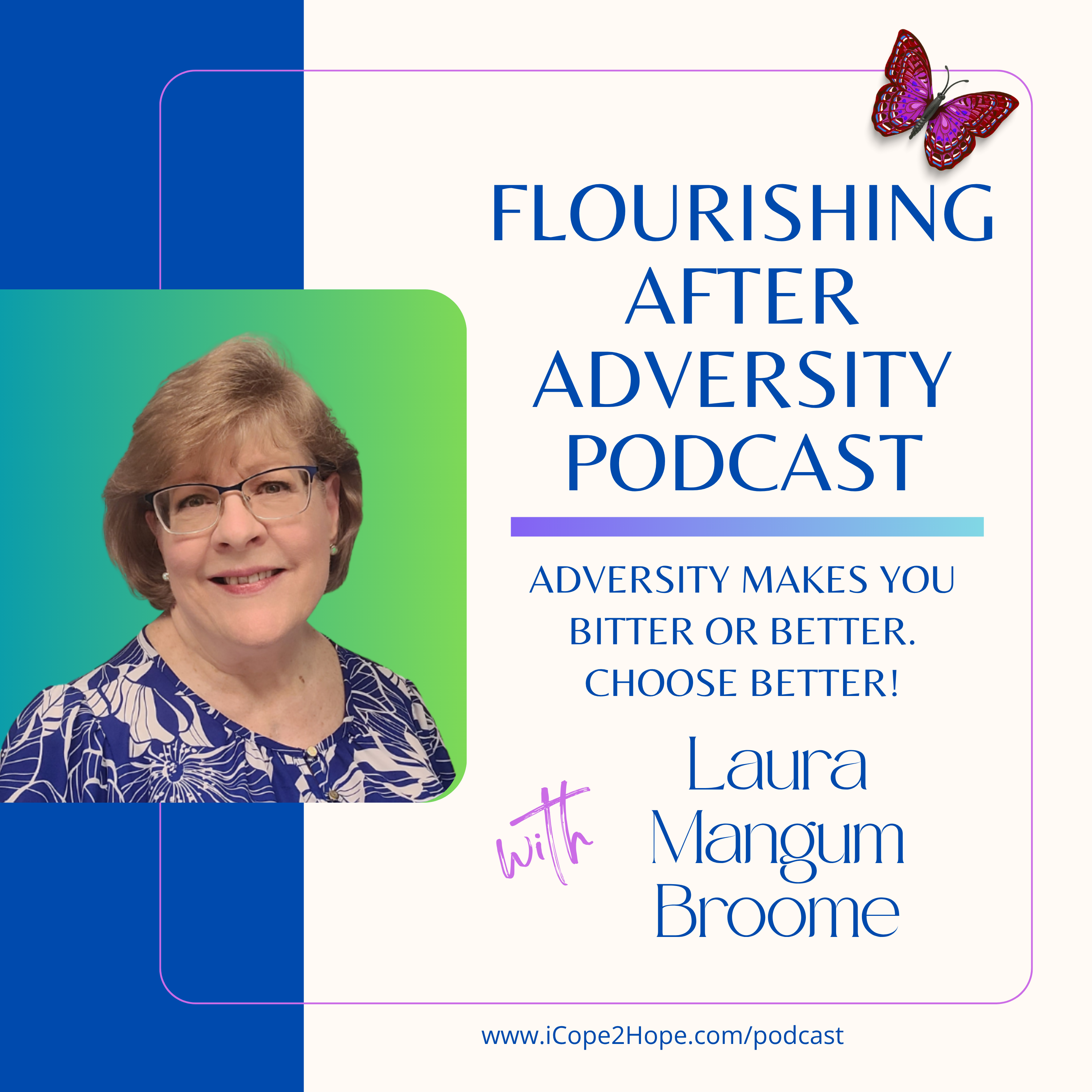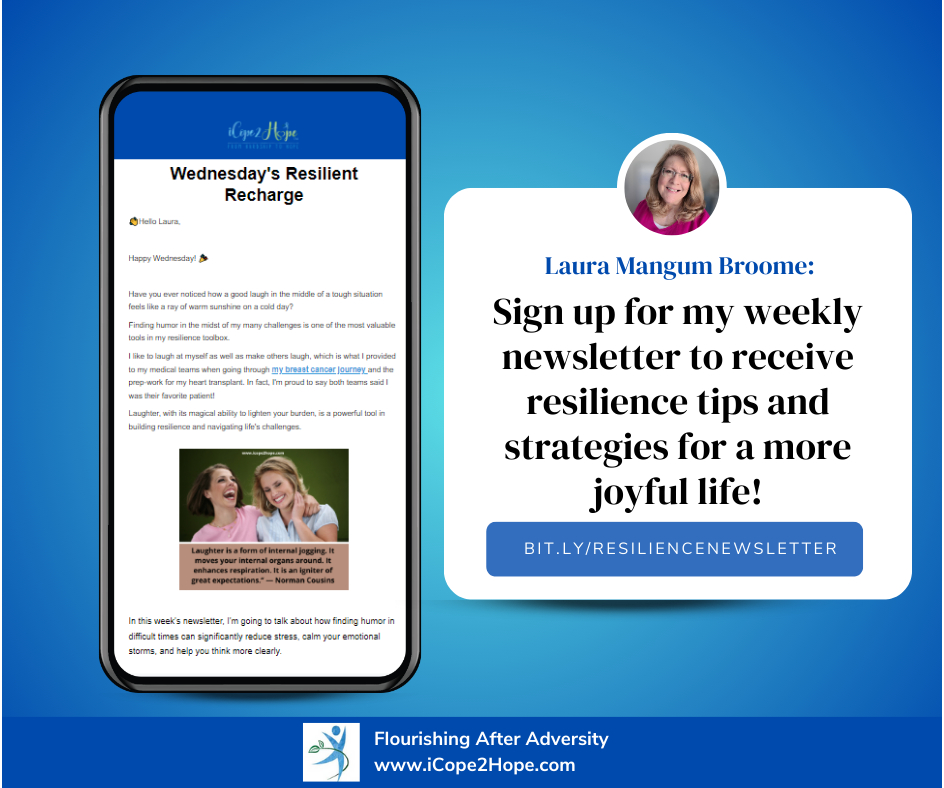Don't Take it Personally: Your Shield Against Toxic Relationships

Every now and then, we encounter individuals whose actions, behavior, or words can be destructive, draining, and overly critical. These interactions, more often than not, tend to be emotionally exhaustive and can potentially wreak havoc on our mental health.
Situation 1: Nathan's Family Misunderstandings
Nathan, a dedicated family man in his mid-forties, had a habit of taking things to heart, especially when it came to his family. His wife's casual comments about his cooking, his daughter's complaints about his strict parenting, or his son's dismissal of his advice - all these instances were enough to send him spiraling into self-doubt. Every casual criticism felt like a personal attack, creating unnecessary tension and discomfort in his family life.
Situation 2: Tiffany's Social Media Spiral
Tiffany, a college student, was an active social media user. She was constantly updating her profile and sharing snippets of her life online. However, she was deeply affected by every comment or like she received. An unflattering comment could ruin her day, while a lack of likes made her question her worth. This obsession with validation turned her digital life into an emotional rollercoaster, where she took every interaction too personally.
Situation 3: Emily's Unforgiving Professional Environment
Emily was a new hire at a competitive corporate firm. As she strived to prove her competence, she found herself tangled in a web of office politics and high expectations. Every critical feedback from her boss, every comparison to her colleagues, and every small mistake she made was internalized deeply, amplifying her insecurities. She began taking things personally, making her work life a source of constant stress and self-doubt.
Why We Take Things Personally
Why do we often take things personally, especially in toxic relationships? Here are a few reasons:
- We lack self-confidence: Lack of self-esteem often makes us overanalyze every comment, believing that they are directed towards our inadequacies.
- We seek validation from others: When we're unsure of ourselves, we seek approval from those around us, taking their comments to heart, whether they're positive or negative.
- We are overly empathetic: While empathy is a virtue, an excess of it can make us internalize others' emotions and attitudes, leaving us vulnerable.
- We fear rejection and isolation: The fear of being rejected or isolated can make us extremely sensitive to other people's opinions, resulting in us taking things personally.
- We have past traumas or experiences: Past experiences of trauma or emotional pain can make us hyperaware and sensitive, causing us to take things personally.
Cultivating a Growth Mindset
Overcoming the tendency to take things personally can be achieved by adopting a growth mindset. Here's how:
- Practice Self-compassion: Always remind yourself that everyone makes mistakes. Instead of being hard on yourself, be understanding and forgiving.
- Develop Emotional Intelligence: Learning to manage your emotions can help you understand and control your reactions. Emotional intelligence is the key to responding, not reacting.
- Practice Mindfulness: Staying in the present moment can help you take a step back, evaluate your feelings objectively, and realize that not everything is about you.
- Build your Self-Esteem: Strengthen your confidence by celebrating small wins, setting achievable goals, and learning new skills. Believing in yourself reduces the need for external validation.
- Set Boundaries: Learn to set healthy boundaries in your relationships. Understand that you cannot control other's actions or words, but you can control your responses to them.
Takeaway
Toxic relationships can leave us feeling inadequate, draining our self-esteem, and pushing us into a spiral of negativity. However, when we learn not to take things personally, we create a shield of resilience that empowers us to regain control of our life.
Remember, what others say or do is a reflection of their inner state and not a measure of your worth.
We all have the capacity to build resilience, to cultivate a growth mindset, and to flourish amidst adversity. The key lies in learning how to detach ourselves from the emotional venom that toxic relationships may harbor.
Reflection
Take a moment to reflect on this question: "How often do I let others' words or actions determine my self-worth?" Your answer might guide you on your journey towards resilience and empowerment.
Understanding this can help you identify areas you need to work on, and can serve as a stepping stone to transforming pain into purpose.
Resilience coaching aims to equip you with strategies to avoid taking things personally and to flourish despite adversity. It may not always be an easy journey, but the benefits you'll reap - stronger self-esteem, healthier relationships, greater mental peace - are certainly worth it.
If you would like to discuss strategies to help you avoid taking things personally, book a free 15-minute call with me. By the end of our call, you will have the next three steps to build your shield of resilience towards toxic relationships.
Grab Your Free Guide!
The Reframe the Spiral: 5 Coping Strategies to Shift Negative Thoughts & Reclaim Your Day workbook walks you step-by-step through 5 proven mindset strategies to help you stop negative thoughts in their tracks and reconnect to your strength. You'll learn how to:
- Stop letting your inner critic lead your day
- Discover clarity despite chaos
- Calm intense emotions
- Rebuild your self-trust and confidence
- Create a plan for real possibility
Stay connected with news and updates!
Join our mailing list to receive the latest tips and proven coping strategies to strengthen your resilience. You CAN turn obstacles into opportunities and flourish in life.
We hate SPAM. We will never sell your information, for any reason.



